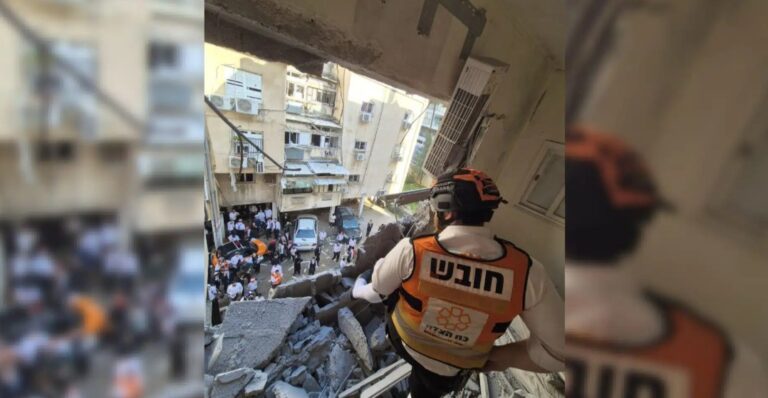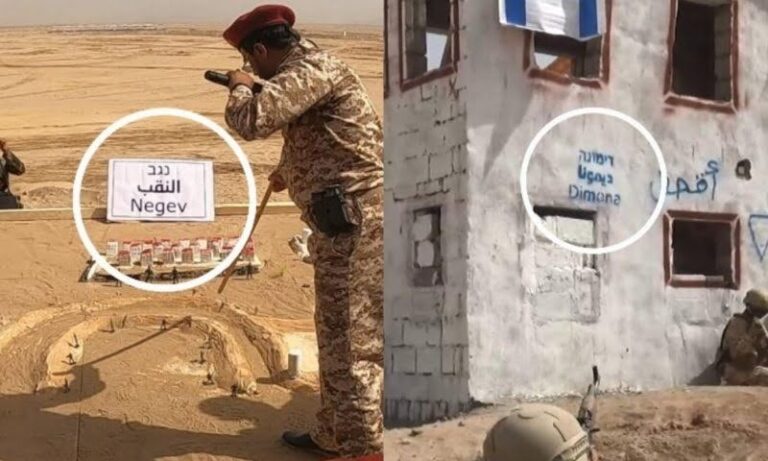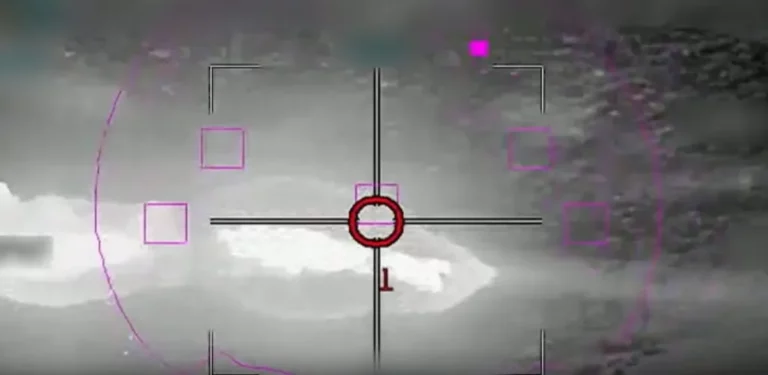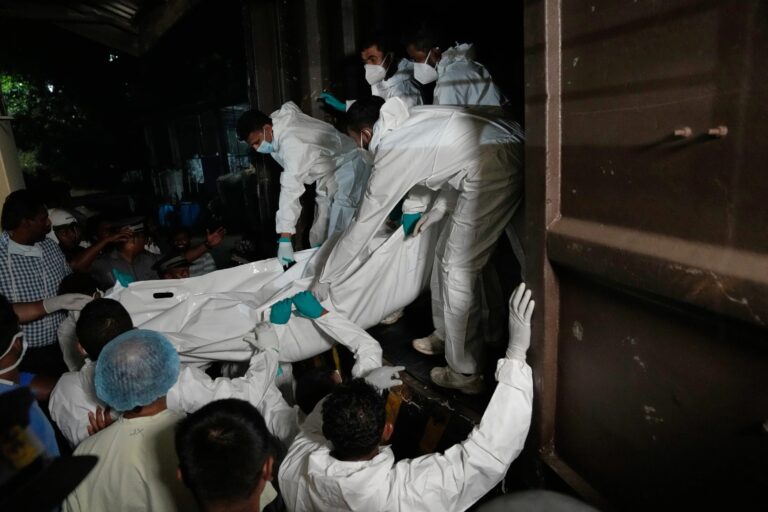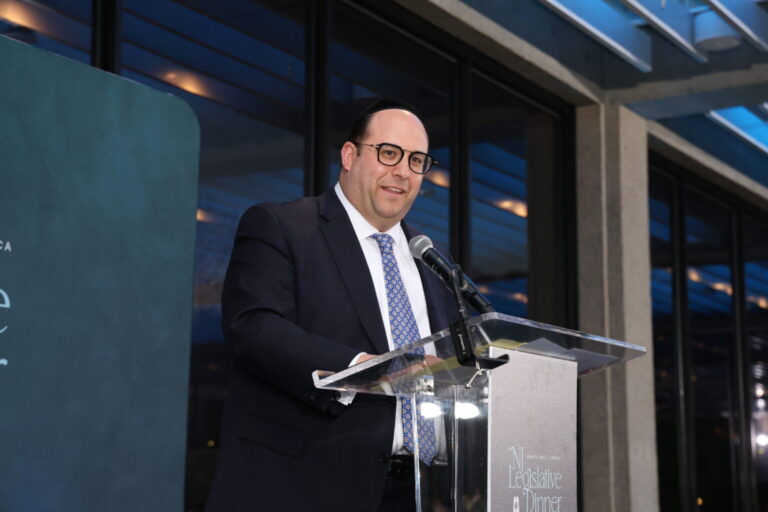 The following article is via OnlySimchas.com:
The following article is via OnlySimchas.com:
A dispute has arisen that brings into question how to relate modern medical ethics, Jewish medical ethics, civil law in terms of a living will, and the extent to which “quality of life” measures should impact whether a life-saving procedure should be performed.
The story of David Stern, a 61-year-old observant Orthodox Jew suffering from a rare neurodegenerative disease brings the dispute to the forefront.
As Stern lies conscious and hooked up to a respirator, the hospital and lawyers for two of Stern’s children are duking it out to determine whether the hospital should remove Stern from life support, as administrators say they are required to do, or perform the life-saving tracheostomy that his family demands.
In 2011, two years after Stern was diagnosed with cortical basal ganglionic degeneration (or CBGD, an incurable and ultimately fatal disease) he signed an advance medical directive. The directive named Shirit Gold, one of his two daughters, to act on his behalf in medical emergencies where Stern would be unable to make his own health decisions, such as this one. The directive also stipulated that “life-sustaining procedures” that would only “artificially prolong” his life when he’s suffering from “incurable and irreversible condition” should not be pursued.
The argument that Gold and her brother, Rayi Stern, make is that their father, who became Orthodox in 2003, would never knowingly have signed a document that would violate Jewish law. The directive Stern signed permits an autopsy and organ donation, which are halachically forbidden in most cases (the directive did not account for the few cases in which an autopsy or organ donation are halachically permissible).
The family claims that their father could not have possibly understood what he was signing, and that he was already two years into his neurodegenerative diagnosis, which has resulted in dementia and extreme loss of motor function, when he signed the directive. “I am 100 percent certain” he didn’t know, Rayi said. “He lived his life as a Jew. He wouldn’t want to end it in any other way.”
“When my dad became religious, my dad never wavered,” Gold said. “I never saw my dad become religious and then say, ‘Oh I like Burger King.’ He took it on 100 percent.”
The family talked with rabbinic experts on Jewish medical ethics, including Rabbi J. David Bleich of New York, who said that because Stern isn’t in a “persistent vegetative state,” halacha demands that he undergo a tracheostomy meaning that an incision would be cut in his windpipe so a breathing tube attached to a permanent respirator could be inserted. A tracheostomy, Rayi said, could extend his father’s life by several months, or even a year.
Since Stern was admitted to the hospital on July 15 for complications stemming from his disease, he has been hooked up to a temporary respirator with a tube in his mouth that goes down his throat. If intubated in this way for more than two weeks there could be risk for severe complications from infections and potential physical damage to the throat, chest and lungs — risks that increase with time.
Four months ago Stern was hospitalized for pneumonia and was intubated for three weeks causing him to be unable to speak or even close his mouth, even after the respirator was removed.
Stern’s family and their attorney, Justin Gold of Oldman, Cooley, Sallus, Birnberg & Coleman, say that California law requires that even when a hospital has a legal basis to refuse an agent’s instruction, it is required to preserve the patient’s life while the instruction is being disputed. In this case, they say, Providence Tarzana either has to transfer Stern to a hospital that would perform a tracheostomy, or that their doctors have to do the tracheostomy themselves. “The law cannot be construed to allow the hospital to disregard the agent’s wishes, and while the disagreement is ongoing, refuse to provide treatment thereby resulting in Mr. Stern’s death,” Gold wrote on Aug. 12 to the hospital’s legal counsel of Davis, Wright Tremaine.
In a draft acquired by the Journal dated Aug. 16 of a petition to a State of California Superior Court in Los Angeles the hospital requests permission, per the advance medical directive, to take Stern off the respirator, a move that would result in his death soon thereafter, possibly from pneumonia. “The tracheostomy is an invasive procedure that would provide no medical benefit to Mr. Stern whatever, and instead serve only to artificially prolong Mr. Stern’s suffering and the moment of his death—and therefore performing a tracheostomy is prohibited by his Advance Health Care Directive,” the hospital wrote in the draft of the petition.
On Monday, Aug. 17, Providence Tarzana Medical Center released a statement and said that it “adheres to the law and its own core values to follow patients’ advanced directives” and in complex situations like these will “consult ethicists and other resources to ensure we act appropriately and legally.” Federal patient privacy laws meant that the statement didn’t mention to Stern specifically, but was written in response to the current dispute.
Rabbi Mordechai Einbinder, associate director of Chabad of the Valley in Tarzana, is close with Stern and agreed with his family’s belief that Stern would not have willingly signed the directive if he fully understood what it entailed. “I have seen David Stern progress to become quite a God-fearing Jew and he would only want to do what the halacha mandates,” Einbinder said.
David Stern’s children say that their father is very totally conscious. He raises his eyebrows, blinks, responds to voices and sounds, and they say he recognizes people and has positive facial expressions when visitors come to see him and appears to concentrate on what they are saying.
“The man is alive, and I don’t think anybody else can pull the plug,” Rayi Stern said.
(Source: OnlySimchas.com)

